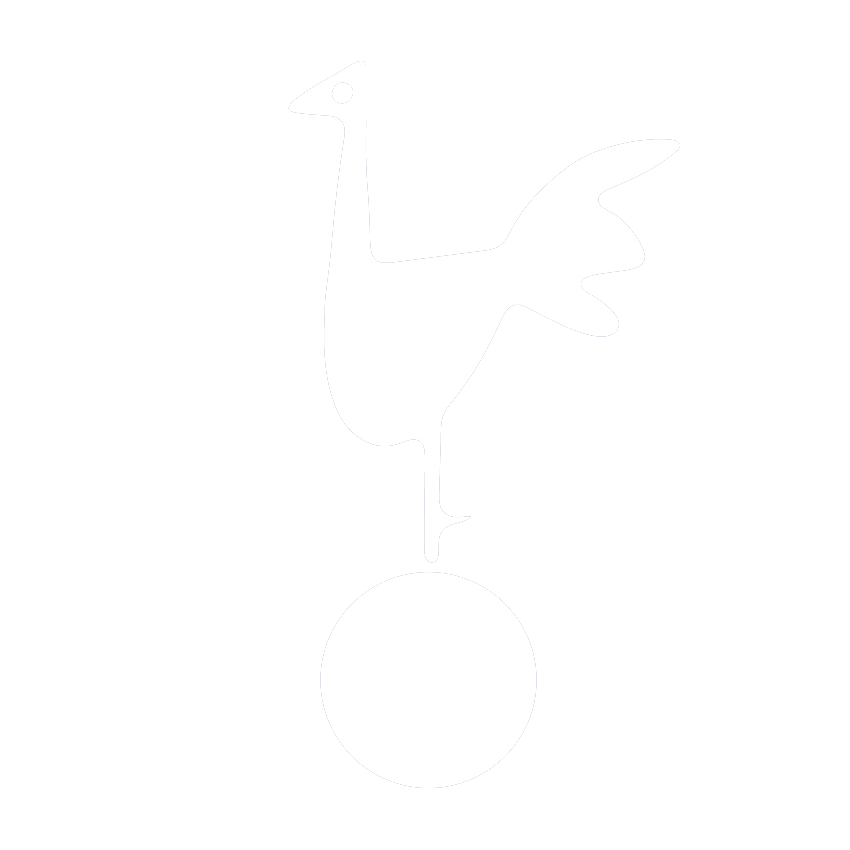
It has taken a while, but the Mauricio Pochettino philosophy finally appears to be kicking in at Spurs.
For the first time since a strong spell at the beginning of the year, we’ve had a series of consistent performances that have demonstrated the type of football Spurs fans expected when the Argentine coach took over last summer.
Fast, energetic, assertive — the lusty rendition of “Glory, Glory Tottenham Hotspur” after the 4-1 thrashing of Manchester City showed how welcome the Pochettino way is when executed well.
There is a section of the fanbase at Spurs that have never taken to Pochettino, and I can understand the doubts as the glimpses of the Pochettino philosophy have been fleeting at times.
Since the strong spell at the start of the year, Spurs fell out of Champions League contention, crashed out of the Europa League, lost in the Capital One Cup to John Terry’s Chelsea, embarked on a pointless post-season tour when the players needed rest, messed up pre-season with the Audi Cup just before the opener at Old Trafford, failed to sign an experienced midfielder and second striker in the transfer window, and endured a 12-hour Harry Kane goal drought.
It was enough to test the faith of even the most patient fan, though many of the problems could be laid more at Daniel Levy’s door than the head coach’s.
On Monday Night Football, Gary Neville described the Spurs squad that Pochettino inherited as a “mob” — bad characters who weren’t prepared to put in the effort and who didn’t care about the club. It was pretty damning, but hard to disagree. A year ago, Neville talked about Spurs needing to muck out the stables over the course of several seasons, and I guess there is some credit due to Levy and Franco Baldini that they managed to rid the club of almost all the bad characters by Pochettino’s second year. Safe to say, character will matter in future Spurs transfer dealings just as much as stats.
To see the challenge that has faced Pochettino in finding a team he likes, you only need to look at the odyssey the Argentine has been required to undertake to find the central midfielders capable of executing his game plan.
In his first season, his likely candidates for central midfield slots were Paulinho, Etienne Capoue, Benjamin Stambouli, Mousa Dembele and Nabil Bentaleb. Fan-favourite Sandro wasn’t up to it physically and was to be shipped out, while Ryan Mason was very much an afterthought despite a couple of decent performances in pre-season.
While Bentaleb showed his good play under Tim Sherwood was no fluke, the rest of the senior contenders failed risibly to take their chances. Perhaps only Stambouli can consider himself unlucky not to have been given more playing time. There was an air of desperation when Mason was thrown on against Nottingham Forest in the Capital One Cup, but he took his chance and even earned an England cap.
Over the summer, it was assumed that Spurs would land a central midfielder of proven quality like Sven Bender or James McCarthy, but nothing materialised. Mason and Bentaleb were the default first-choice partnership, but Mason missed preseason with injury, and Bentaleb started poorly and got hurt. With Paulinho, Capoue and Stambouli sold, and Dembele also injured, against Crystal Palace, Pochettino had to choose two among Eric Dier (a converted centre back), Dele Alli (a 19-year-old), Tom Carroll (who has yet to prove himself at Spurs or in the Premier League) and Harry Winks (who is yet to start for Spurs) in central midfield.
The rest, as they say, is history. Dier and Alli have both performed superbly, with England caps being mooted for the pair of them. Dier’s disciplined and gritty midfield play has given the defence the midfield shield it was crying out for, while Alli’s athleticism and ability to involve himself in key passages of play makes him the perfect fit in the Pochettino system.
Credit must go to Pochettino, for ensuring that when he turned to Dier, Mason and Alli, all of whom were playing slightly away from their natural positions, they were tactically, physically and technically equipped for the job. It’s just good old-fashioned coaching. The same coaching went into Paulinho, say, but he wasn’t up for the challenge.
It will be interesting to see, once Bentaleb and Mason return from injury, whether they are able to win back their starting places. But either way, there appears finally to be a solid rotation of midfield options capable of getting a team playing the Pochettino way.
Expectation in football is never static. Now that the team finally appears to be playing as it should, Spurs fans won’t accept a return to the old style of defensive shoddiness, midfield errors and tedious attacking play.
The test will come for Pochettino when one of his key cogs is unavailable for an extended period. Without Dier, for example, can the defence remain so solid? Without Alli, could the pressing be so intense? Without Harry Kane, can we really score enough to win? News that Son Heung-min has sustained a foot injury suggests that test may be upon Pochettino. The South Korean has been superb since his arrival, and as much as anyone has set the tone in terms of how Spurs should be approaching their football.
But this is a far better problem than the one we had just a few weeks ago — wondering when the team was going to get it, and whether Pochettino was really able to bring the game plan that was so successful at Southampton to White Hart Lane.
It’s taken more than a year, but it feels like the Pochettino era has finally begun.
Charles Richards blogs over at The Spurs Report. Please follow him on Twitter (@crg_yeah) and follow Fresh Spurs (@Fresh_Spurs_) as well.




